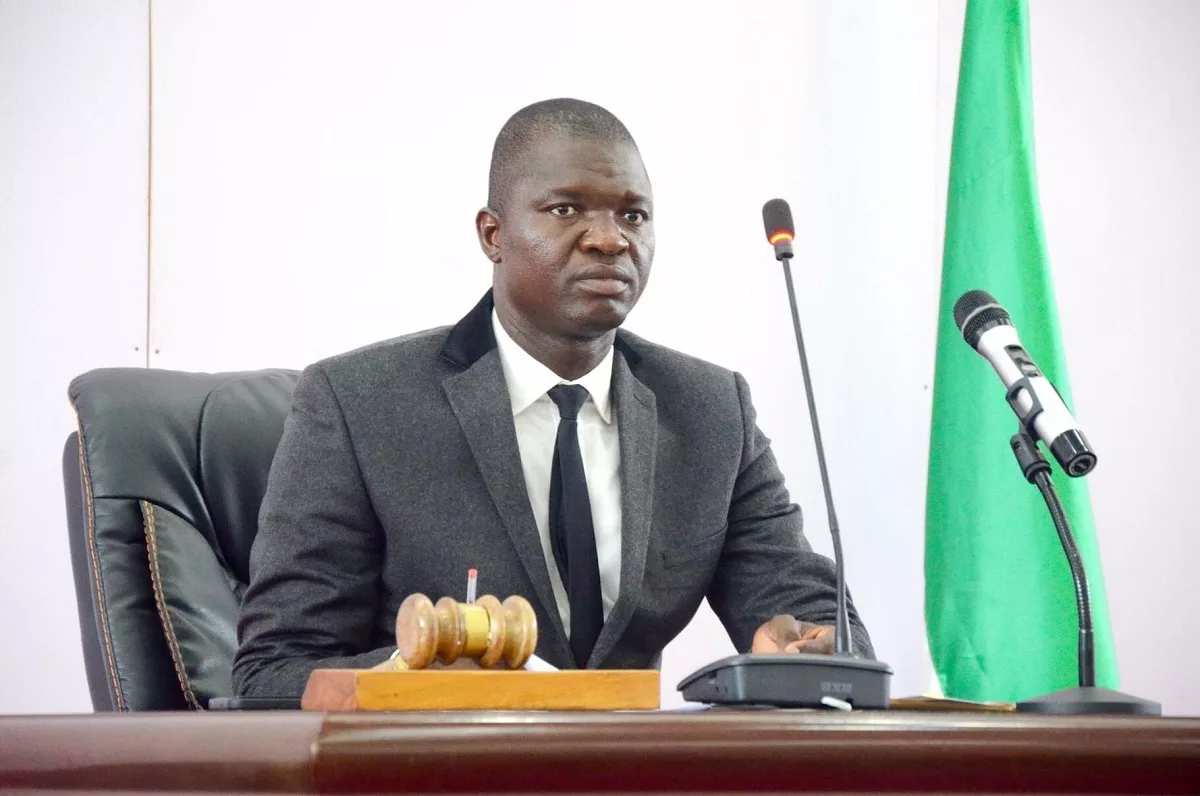Nigeria Centre for Disease Control and Prevention (NCDC) has said that between 2023 and 2024, the country recorded 4915 suspected and 380 confirmed cases of meningitis, with 361 deaths across 174 local government areas (LGAs) in 24 States, including the Federal Capital (FCT).
Director-general of NCDC, Dr. Jide Idris, stated this yesterday at a press briefing in Abuja.
He said 2,281,750 doses of the Men5CV—ACWYX vaccine have been administered in Bauchi, Gombe, Jigawa, and Yobe states, covering 134 wards in the 13 LGAs.
He said the campaign targeted individuals aged 1-29 years, comprising 70 per cent of the population.
Cerebrospinal Meningitis (CSM) occurs when the covering of the brain and spinal cord is acutely inflamed.
Dr Jide said this inflammation can be caused by infection with bacteria, viruses, parasites, fungi, injuries, and certain drugs.
The DG noted that though CSM is an epidemic-prone disease, with cases reported all year round in the court, weather conditions like the dry season, which brings dust, winds, cold nights, and frequent upper respiratory tract infections, increase the risk of infection, especially with crowding and poor ventilation.
“The highest burden of CSM in Nigeria occurs in the “Meningitis Belt” which includes all 19 states in the Northern region, FCT, and some southern states such as Bayelsa, Cross River, Delta, Ekiti, Ogun, Ondo, Osun).
“In 2023/2024, Nigeria recorded 4915 suspected and 380 confirmed cases with 361 deaths across 174 Local LGAs in 24 States, including the FCT. A total of 2 281 750 doses of Men5CV- ACWYX in Bauchi, Gombe, Jigawa and Yobe covering 134 wards in the 13 LGAs,” Dr. Jide stated.
He, therefore, advised Nigerians to ensure they receive the appropriate vaccination required to protect against meningitis and avoid close and prolonged contact with a confirmed case of CSM, including relatives.
“Avoid overcrowding in households, schools, dormitories, IDPs, prisons, and other communal settings.
“Practice proper respiratory hygiene when coughing or sneezing. Discourage indoor air pollution, such as indoor cooking over open flames.
“Practice good personal and hand hygiene by frequently washing hands with soap under running water or using hand sanitisers when necessary.
“Always keep your environment clean. If you notice any signs and symptoms associated with CSM, visit the nearest health facility immediately or call the State Ministry of Health hotline or 6232 (NCDC toll-free line).
“Avoid self-medication to prevent antimicrobial resistance and ensure proper diagnosis and early treatment,” he urged.

 1 week ago
28
1 week ago
28















 English (US) ·
English (US) ·